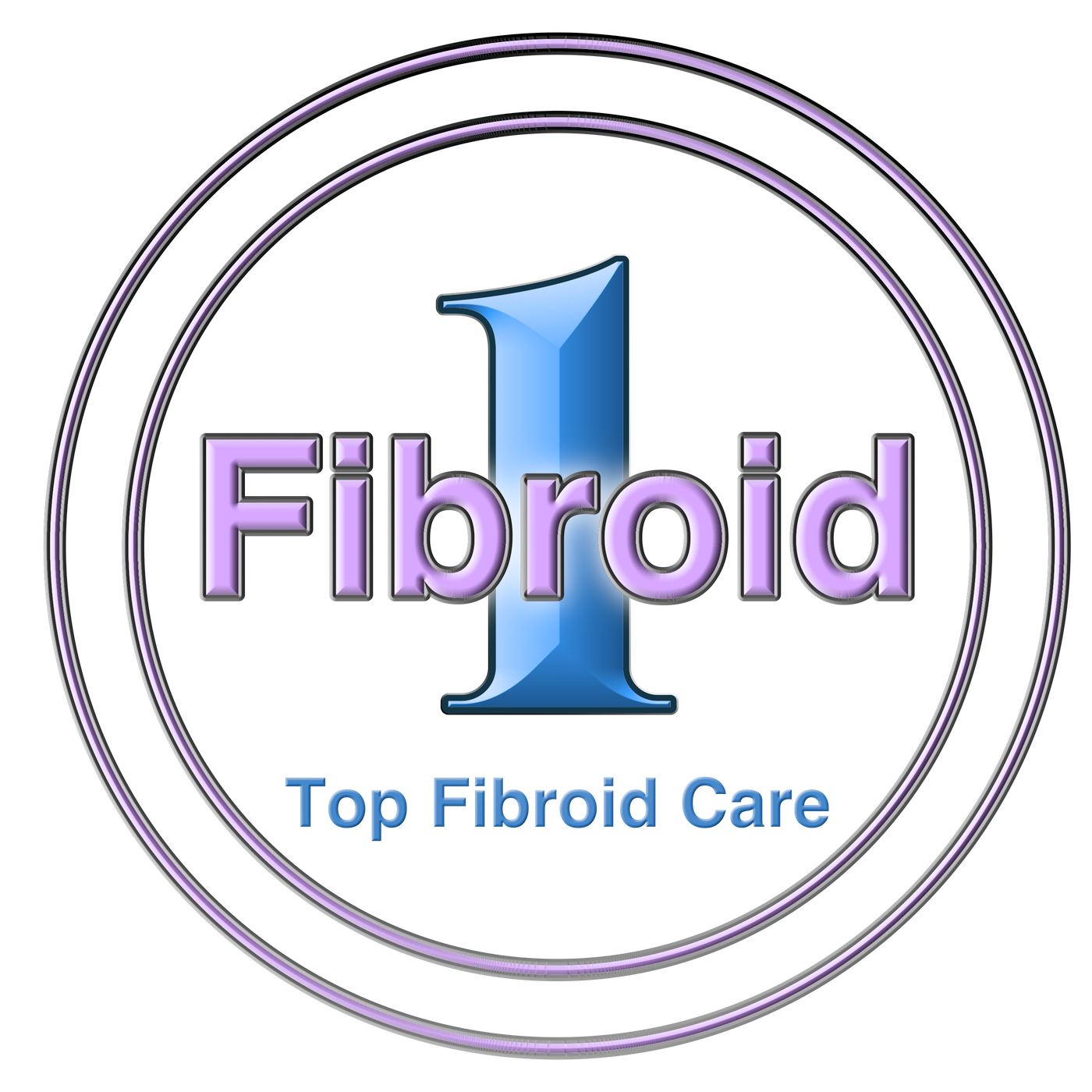You’re considering uterine fibroid embolization as a treatment to get pregnant. You’ve heard that this procedure can improve your fertility and you’re eager to start trying to have a baby. But can you really get pregnant after UFE? This is a question that many women want to know the answer to. In this blog post, we will discuss the relationship between uterine artery embolization and fertility. We will also answer the question: can you get pregnant after embolization? Finally, we will discuss some of the fertility risks associated with UFE.
Uterine Fibroids and Fertility

Uterine fibroids are non-cancerous growths that develop in the uterus. They are very common, affecting up to 80% of women by age 50. Fibroids can vary in size from tiny seedlings to large masses weighing several pounds. While most fibroids cause no symptoms, some women experience heavy menstrual bleeding, pelvic pain, and pressure.
Fibroids may or may not affect fertility. Some women are able to conceive and have a healthy pregnancy with uterine fibroids, while others cannot. Fibroids can affect fertility in several ways. They can block the fallopian tubes, making it difficult for sperm to reach the egg. They can also distort the shape of the uterus, making it harder for a fertilized egg to implant. In addition, fibroids can cause problems with the placenta, resulting in complications such as miscarriage or low birth weight.
In cases where a woman has uterine fibroids and is having trouble conceiving, it may be recommended to treat the fibroids before attempting to get pregnant.
Uterine Fibroid Embolization

Uterine fibroid embolization (UFE) is a minimally invasive procedure that is used to treat symptomatic uterine fibroids. It involves inserting a catheter into the femoral artery and injecting tiny particles into the uterine arteries, which supply blood to the fibroids. This procedure cuts off the blood supply to the fibroids and causes them to shrink.
UFE is a safe and effective treatment for symptomatic uterine fibroids. It has a success rate of over 90%. UFE is also associated with a low risk of complications. The most common complication is pelvic pain, which usually resolves within a few days.
Can You Get Pregnant After Embolization?
The short answer is yes, you can get pregnant after UFE. In fact, many women who have this procedure go on to have successful pregnancies. There is no evidence that UFE decreases fertility. Some research even indicates that the fertility rate following UFE is around 38.3%.
However, it is important to note that UFE is not a fertility treatment and cannot guarantee conception. If you are having difficulty getting pregnant, you should speak with your doctor to determine the exact cause.
Risks Associated With UFE
As with any medical procedure, there are some risks associated with UFE that you should be aware of. These include:
- Pelvic pain: This is the most common complication associated with UFE. The pain usually goes away within a few days.
- Infection: There is a small risk of infection associated with UFE. This risk can be decreased by taking antibiotics before and after the procedure.
- Bleeding: There is a small risk of bleeding associated with UFE. This risk can be decreased by taking blood thinners before and after the procedure.
- Allergic reaction: There is a small risk of having an allergic reaction to the contrast dye used during the procedure. This risk can be minimized by pre-treating with medication before the procedure.
- Damage to surrounding organs: There is a small risk of damage to the bladder, bowel, or blood vessels during the procedure. This risk can be minimized by having the procedure done by an experienced interventional radiologist.
- Increased risk of preterm delivery or spontaneous abortion: There is some evidence that could suggest an elevated risk for preterm delivery or spontaneous abortion for women who have had UFE. However, more research is needed to confirm this.
As you can see, there are some risks associated with UFE. However, these risks are small and UFE is generally a safe and effective procedure. If you are considering UFE, be sure to discuss the risks and benefits with your doctor. You should also make sure that you are being treated by an experienced interventional radiologist.
In Conclusion
In this blog post, we discussed the question: can you get pregnant after UFE? We also explained the relationship between uterine fibroid embolization and fertility. Finally, we discussed some of the fertility risks associated with UFE. UFE is a safe and effective treatment for symptomatic uterine fibroids. It is associated with a low risk of complications and does not decrease fertility. If you are considering UFE, be sure to discuss the risks and benefits with your doctor.












